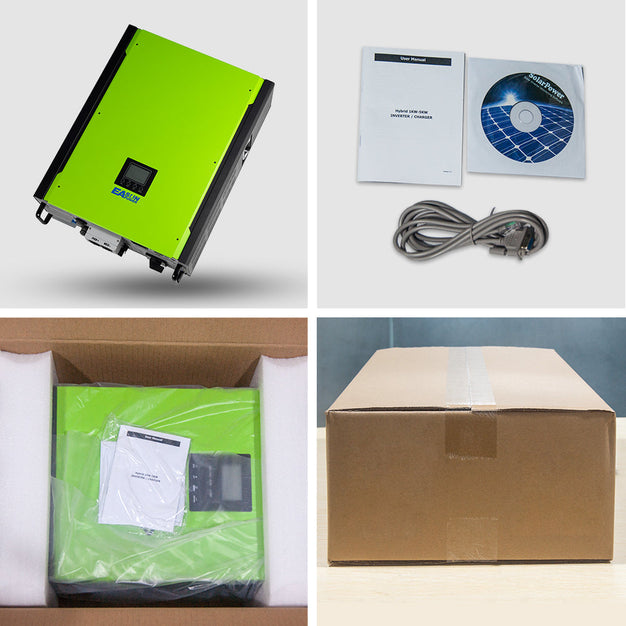The Importance of the MPPT System for Solar Panels
The MPPT system for solar panels plays a crucial role in optimizing the energy output of photovoltaic systems. By continuously adjusting the electrical operating point of the modules, MPPT technology ensures that solar panels operate at their maximum efficiency. But how does this technology work, and why is it essential for solar energy systems?

How MPPT Works
At its core, the maximum power point tracking (MPPT) system identifies the point at which solar panels produce the most power. This point varies with changes in sunlight intensity, temperature, and load conditions. The MPPT controller constantly monitors these variables and adjusts the electrical load to maintain optimal performance.
Typically, the MPPT system uses algorithms to calculate the maximum power point. Some common algorithms include:
- Perturb and Observe (P&O)
- Incremental Conductance (IncCond)
- Constant Voltage (CV)
These algorithms enable the system to respond dynamically to changing environmental conditions, ensuring that solar panels consistently deliver the highest possible energy output.
Benefits of Implementing MPPT in Solar Energy Systems
Integrating an MPPT system for solar panels offers several advantages:
- Increased Energy Harvesting: By optimizing the power output, MPPT systems can increase energy production by up to 30% compared to systems without MPPT.
- Improved Performance in Partial Shade: MPPT technology allows solar panels to perform better under partial shading conditions, which is common in many installations.
- Enhanced System Longevity: By preventing overloading and ensuring optimal performance, MPPT systems can contribute to the longevity of solar energy systems.
Choosing the Right MPPT Controller
When selecting an MPPT controller, it is essential to consider several factors:
- System Voltage: Ensure compatibility with your solar panel voltage.
- Current Rating: Choose a controller that can handle the maximum current output of your solar array.
- Efficiency: Look for controllers with high efficiency ratings to maximize energy conversion.
By carefully evaluating these factors, you can ensure that your MPPT system for solar panels operates effectively and efficiently.
Conclusion
In summary, the MPPT system for solar panels is a vital component in maximizing solar energy efficiency. By understanding how MPPT works and its benefits, you can make informed decisions about your solar energy systems. As the demand for renewable energy continues to grow, embracing technologies like MPPT will be essential for optimizing solar power generation.








